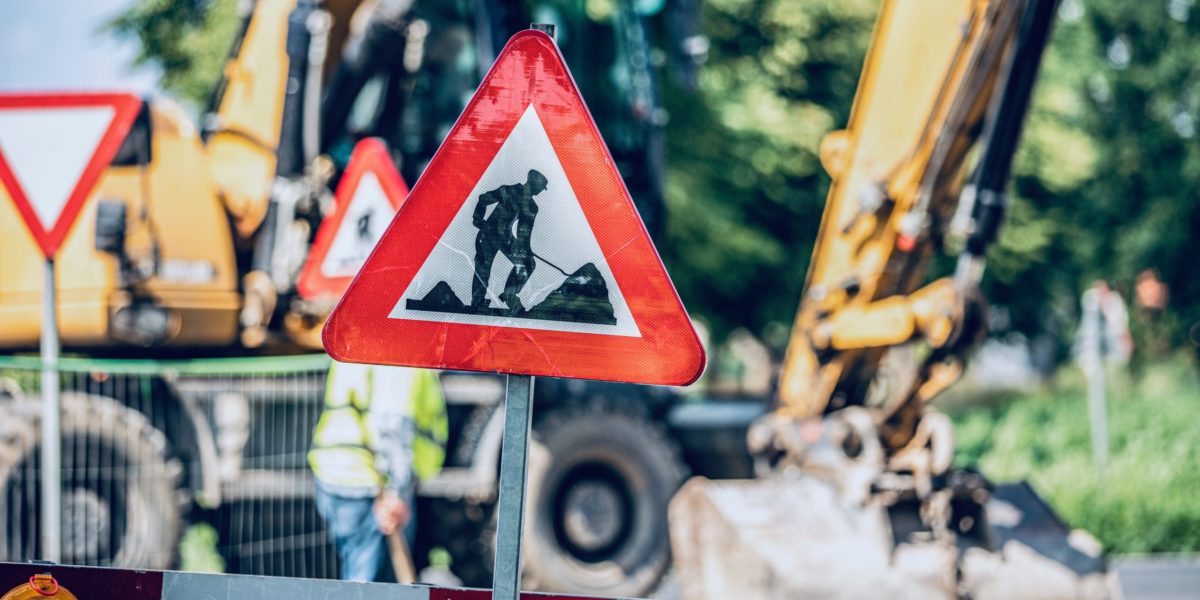Increasingly Holey Mess
Local and rural roads continue to suffer from poor maintenance and the weather
Despite lower overall traffic volumes than normal due to the pandemic, RAC patrols dealt with 1,500 call outs in the last three months of 2020 as a result of the poor condition of the nation’s roads.
Breaking Up
An analysis of fourth quarter data reveals significant damage to shock absorbers, broken suspension springs and distorted wheels reveals.
The pothole proportion of call outs is identical to the same period in 2019, but slightly higher than 2018. Given the lower traffic volumes brought about by coronavirus travel restrictions, this is counterintuitive; less traffic, less wear and tear, less damage to road surfaces.
The South East saw the largest number of vehicle problems caused by potholes at 242 – equating to 17% of all the pothole-related call-outs dealt with by the RAC’s expert local patrols. While this could be attributed to the region being more densely populated, the same is not the case for the South West (12%) or the North West (170 call outs).
Darkening Clouds
The RAC’s Pothole Index**, a long-term indicator of the health of the UK’s roads available, suggests standard have been improving since the start of 2019. However, having begun at 1.0 in 2006, the index currently stands at 1.44 which means drivers are increasingly likely to experience damage caused by a pothole as they were 15 years ago.
Main roads and motorways have seen the majority of improvements, with government investment in key projects. Meanwhile, smaller local roads and the rural networks appear to be suffering from poor maintenance levels.
RAC head of roads policy Nicholas Lyes said: “We realise council budgets are under incredible pressure due to the coronavirus, but we badly need the Government to recognise the significance of local roads and take a fresh look at how to fund them.
“The Government’s approach of allocating funding to councils from various pots on an annual basis means authorities are always having to play catch-up by fixing potholes rather than focusing on preventative maintenance. We would prefer to see them make five-year funding settlements which would allow councils to make longer-term plans for their roads. This could be funded by introducing a similar scheme to the National Roads Fund which ringfences money paid in vehicle excise duty by road users in England for the upkeep of major roads.
“Putting aside 2p from the existing 58p a litre duty on the sale of petrol and diesel would generate nearly £5bn of additional funds for local roads over five years. This would surely help to bring our local roads back to a fit-for-purpose state.”
Chilly Reality
The current cold spell, part of the coldest winter we have had for several years, is likely to result in greater levels of deterioration. Despite lower traffic levels in lockdown, water and ice damage is a key factor in road surface damage. Couple this with the economic crisis caused by the pandemic, and there is a real risk that that investment in road repairs will actually fall. Then there is the well documented backlog of road repairs over the last two decades. Combined, this could easily be seen as the tipping point in the decade to come.
“We also know from the 2020 RAC Report on Motoring that the condition and maintenance of local roads is currently the top overall concern for drivers so there is a real clamour from drivers for action to fix them. And if the UK is to emerge strongly from the pandemic and the ensuing recession, good quality infrastructure is essential.”




